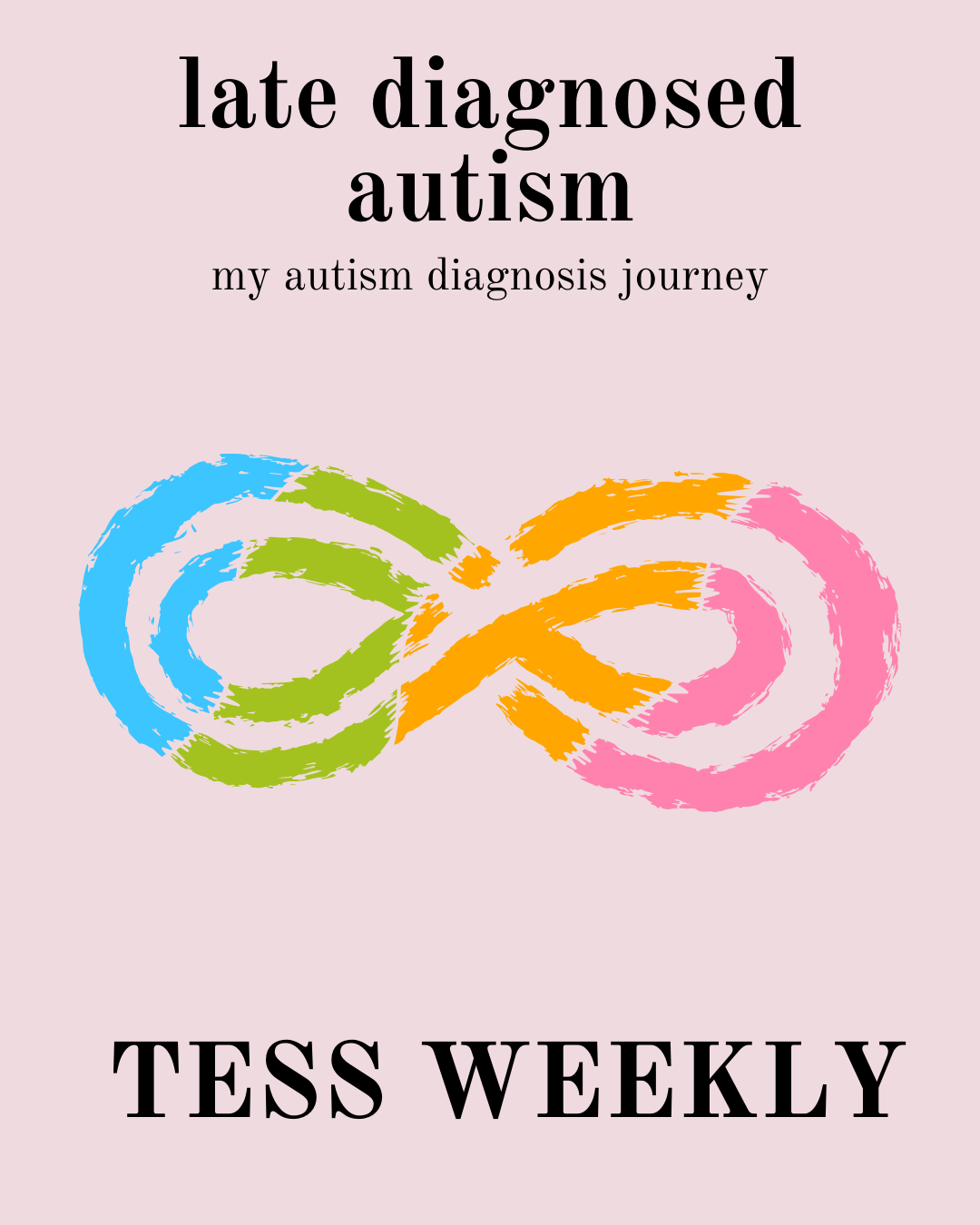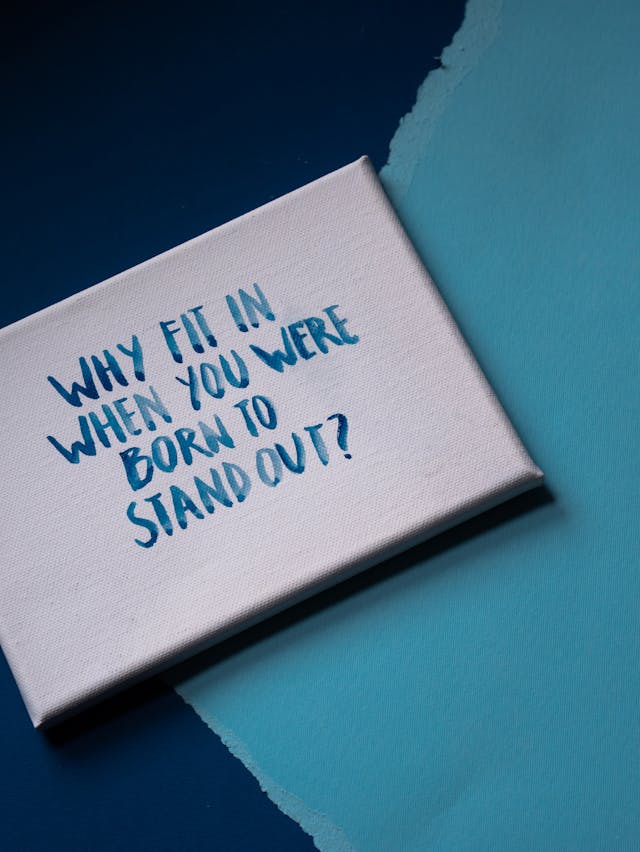Late diagnosed autism – My autism diagnosis journey
As a child, I always struggled with sensory over-stimulation, making friends, meltdowns, and extremely picky eating habits. When I was 7, I even went to a sensory therapist who worked with my parents to support my needs better.
For many years, I identified as and researched the “highly sensitive person” (HSP) trait. Coined by Dr. Elaine Aron, the term is what folks with sensory processing sensitivity (SPS) often identify as. A highly sensitive person is someone who struggles with day to day sensory input such as bright lights, loud noises, strong smells, crowds, overstimulating workloads, etc.
Little did I know, I was a little bit more than highly sensitive…

Research
In the fall of 2023, I began thinking more about what types of support I’ve needed throughout my life, where and when I struggle in social situations, and how sensory input impacts my daily life. I began researching the presentation of autism in women
Unfortunately, a large majority of autism studies have been conducted on young boys and men. Historically, and even today, women are underdiagnosed as children and diagnosed later in life than men. These statistics also apply to other intersectional identities as well, such as autistic people of color and autistic lower class individuals.
Soon, I started ticking boxes. Yes, I have trouble with emotional regulation. Yeah, I have intense interests. Mhm, I have stimming behaviors such as picking at my fingers and biting the insides of my cheeks.
I’m not going to lie. I was scared to seek assessment. And there was an initial lack of support from some of my most entrusted support systems. But I went through with it anyway knowing that diagnosis would not only validate the experiences I’ve had up to this point in my life but also open doors to accommodations that will better meet my needs.

The Assessment
I researched autism assessments in my area and decided to go with the most budget friendly option. Unfortunately, the price tag is one of the hardest part about going through a diagnosis journey. Adult autism assessments can cost up to $5,000 in the United States, and many of them are not covered by health insurance.
I personally went through a lovely therapy and coaching company in Minnesota called Method Creative Wellness, and worked with the founder, Lindsey Mackereth.
I reached out to the company via email, and within a few days, she had emailed me back sharing that they wouldn’t be setting the appointments until January. So, I waited.
In January, I booked my appointment, which included three components:
- Virtual screening tests (5/6/2024)
- I completed around three hours of virtual screening tests that covered everything from sensory struggles to eating habits to anxiety.
- THE assessment meeting (6/5/2024)
- I sat with Lindsey on zoom and essentially delved into my life story for three hours. She asked me questions from the MIGDAS-2 assessment tool.
- Diagnosis meeting (7/2/2024)
- Lindsey spent about 35 minutes explaining my diagnosis and providing resources for future reference. I was diagnosed with Autism Spectrum Disorder Level 1 (ASD). After the meeting was over, she sent me a 20+ page document that extensively discusses in detail how I align with the criteria for diagnosis of Level 1 ASD.

The rainbow infinity sign is recognized as a symbol of autistic pride. Many believe that the autistic pride symbol is the rainbow puzzle piece, but that is associated with Autism Speaks, an organization that is known to harm autistic people more than help us.
My Thoughts & Moving Forward
Although it was a very lengthy and expensive process (which I am extremely privileged and grateful to have had access to), I truly believe that having the diagnosis will support me in my personal growth and my ability to advocate for my own needs with friends, family, coworkers, bosses, etc.
I plan to prioritize researching ASD and connecting with communities of folks like me to learn more about how to unmask the version of myself that I’ve been covering up for so many years of my life. Additionally, I hope to utilize accommodations in spaces where I need them to protect myself from overwhelm, overstimulation, and stress.
I hope to use my voice, my social media presence, and my blog to advocate for autistic and otherwise neurodivergent folks like myself in a world that adheres to neurotypical norms and values high levels of stress and productivity (especially capitalistic USA).
If you have any questions, want to connect with me about my autism diagnosis journey, or have any resources that have worked well for you, give me a shout on my contact form.
Tata lovelies.